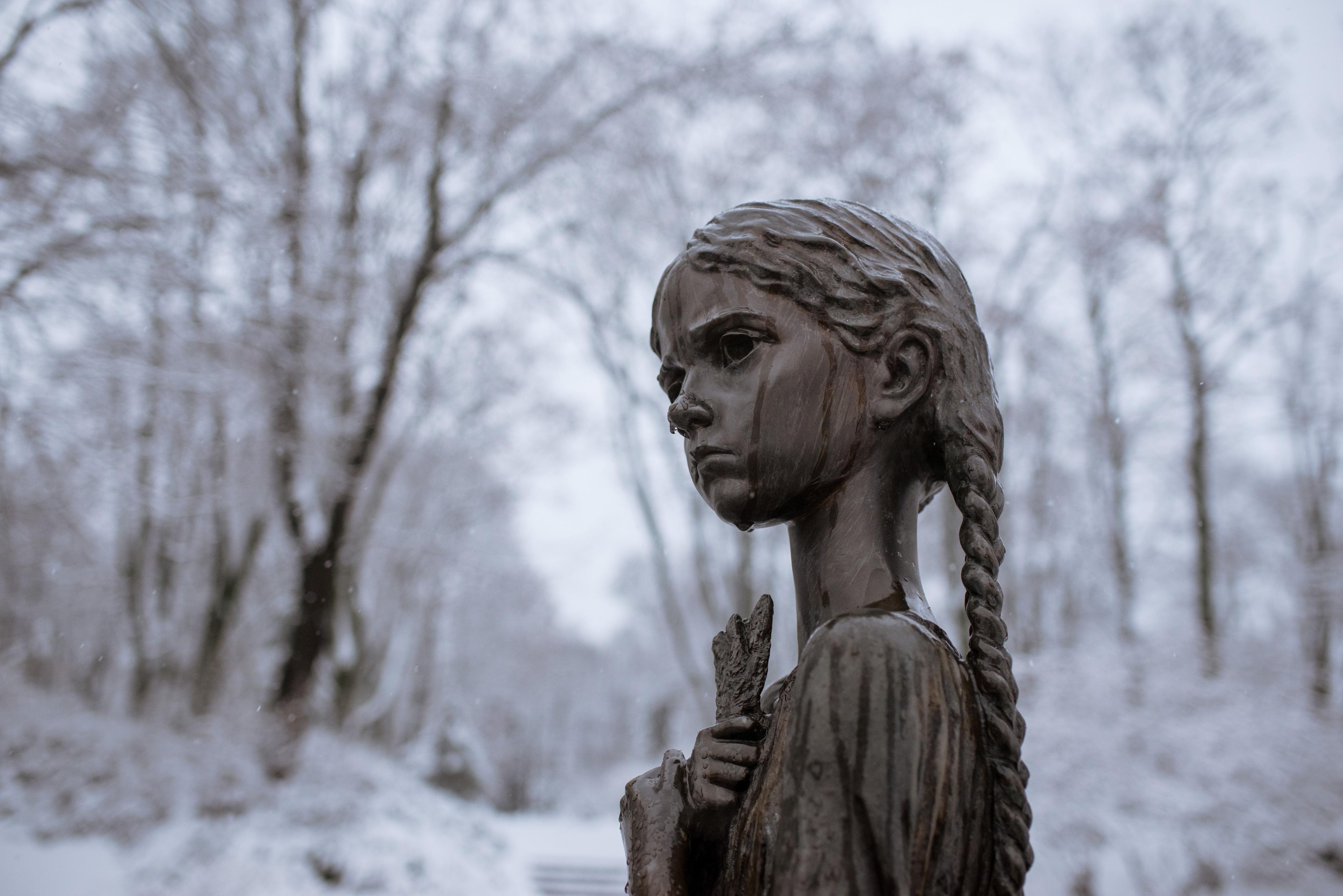The times change, and so does Daniel Ortega
Ortega’s grip on power in Nicaragua looks increasingly shaky. Security forces are cracking down violently on protests and killed several dozen people. Nonetheless, the movement keeps gaining strength and Ortega’s rule is increasingly considered illegitimate. José Miguel Vivanco of Human Rights Watch warns :
“The government of President Daniel Ortega of Nicaragua has promised its people the ‘truth’ about who killed and injured scores of protesters who took to the streets last month. But his government seems to be determined to deliver just the opposite. Since April, thousands of Nicaraguans have taken to the streets to protest Ortega’s 11-year administration. Credible accounts suggest that police officers used excessive force to shut down demonstrations, while pro-government groups attacked peaceful protesters and journalists. In some cases, police allegedly beat protesters in their custody. In all, 47 people have died, including two police officers. At least 435 people have been injured.”
Since 2006, Ortega has done his best to entrench himself in office. That year, he won elections in an awkward coalition he had formed with right-wing forces. In 1979s, in contrast, he was the top leader of the leftist Sandinista movement which, in an armed struggle, managed to overthrow the regime of Anastasio Somoza, the right-wing autocrat, whose dynastic family had run the country for decades.
Ortega was Nicaragua’s top policymaker for almost a decade, until he lost elections in 1990, when Nicaragua’s people had grown tired of the Sandinistas, not least because the government was unable to quell the violence of the right-wing Contra militias. Some accused the Sandinistas of establishing a Cuban-style dictatorship, but the truth is that the elections they held were fair and free enough for Violeta Chamorro, the centre-right opposition candidate to prevail in 1990.
For several decades, elections remained competitive in Nicaragua, but they have become less so since Ortega won power again in 2006, this time not in an uprising, but thanks to votes. When he was last confirmed in office in 2016, it was clear from the start that he would not lose elections. He has made his wife his vice president and probably still hopes that she will succeed him one day. To many observers, his regime increasingly looks like the Somoza regime the Sandinistas ended in 1979. The Washington Post has a heart-gripping story portraying people who supported him back then and are appalled by him today.
To some extent, Ortega’s current power was built on the support of Venezuela’s leftist regime. Thanks to its oil money, Ortega’s government could afford some generous social-protection policies. The oil price has gone down, however, Venezuela is stuck in a deep economic crisis of its own, and the Ortega’s foreign funding has dried up. The current unrest started, when he announced he would reduce pensions several weeks ago. He has backtracked and now promises to keep the pensions in place, but discontent is still spreading.
The army and the Catholic church are now calling for peace. My hunch is that Ortega will probably have to resign soon. He may manage to stay in office, of course, but it certainly does not look as though he will be able to establish any kind of family dynasty.
When the Sandinistas toppled Somoza in 1979, it helped them that US President Jimmy Carter had backed away from the dictator. That stance was in line with Carter’s emphasis on human rights. That the Contras managed to undermine the Sandinistas’ power, in turn, was linked to Washington’s support for them under Carter’s successor Ronald Reagan.
It is odd to recall the Iran-Contra affair today. In order to be able to illegally channel money to the Contras, senior officials of the Reagan administration secretly sold arms to Iran, which was officially under embargo. One of the officials was Oliver North, and he was later actually found guilty by a judge, but his prison sentence was vacated by another court. North was recently chosen to be president of the gun-lobby group National Rifle Association (NRA).
Then as today, his party, the Republicans, love to hate Iran. I’ll not delve into geo-strategic affairs now. Outside right-wing echo-chambers, the international consensus seems to be that President Donald Trump is stoking that fire in an unprecedentedly reckless way, and I have nothing to add except that I hope his approach to the Middle East will not trigger an even more atrocious war than some of the region’s countries are suffering already.











